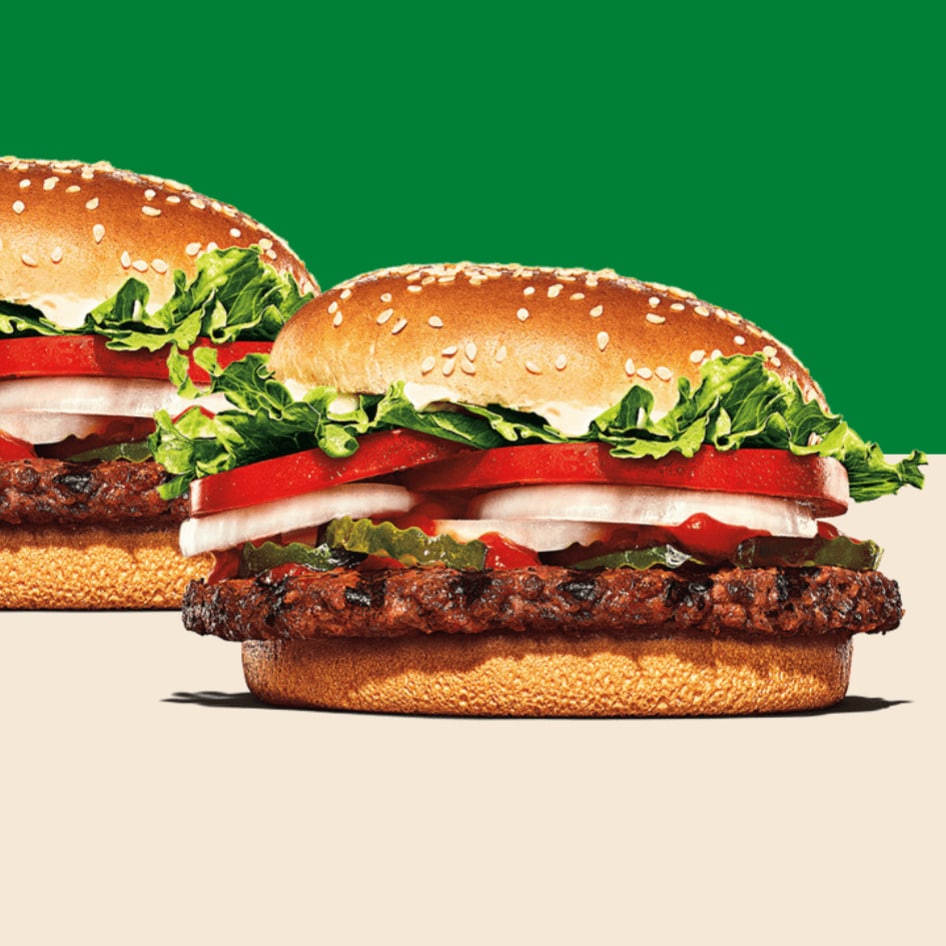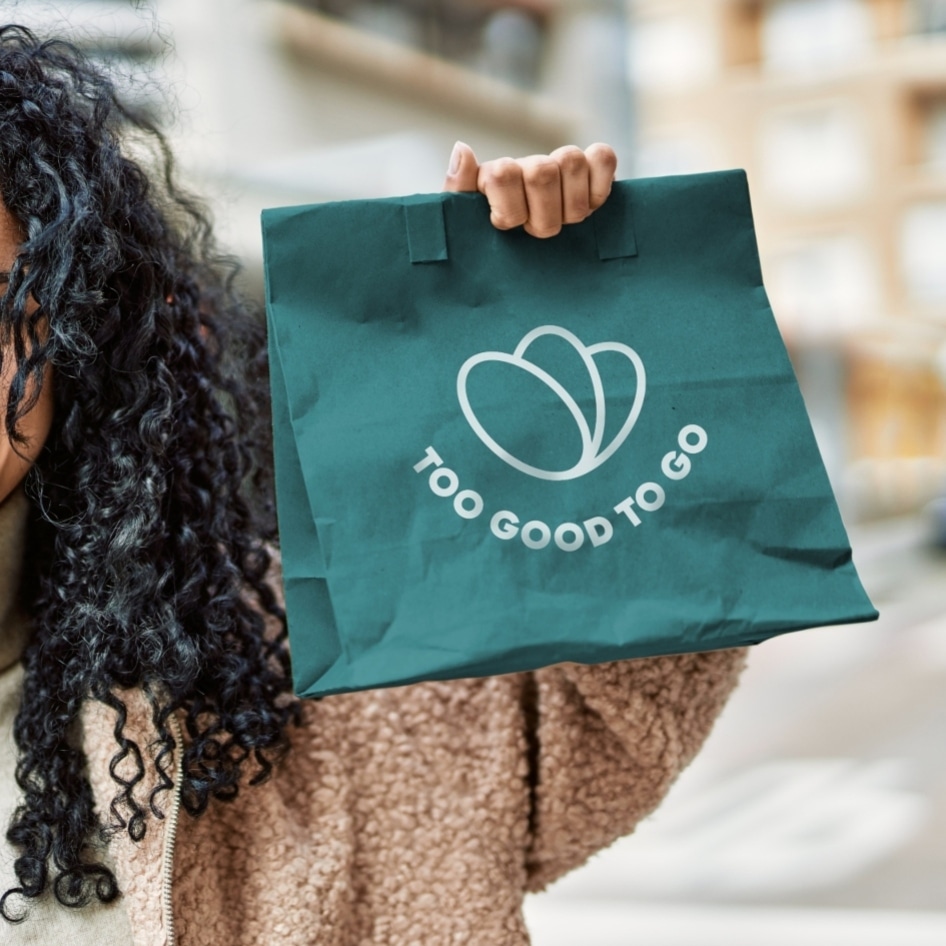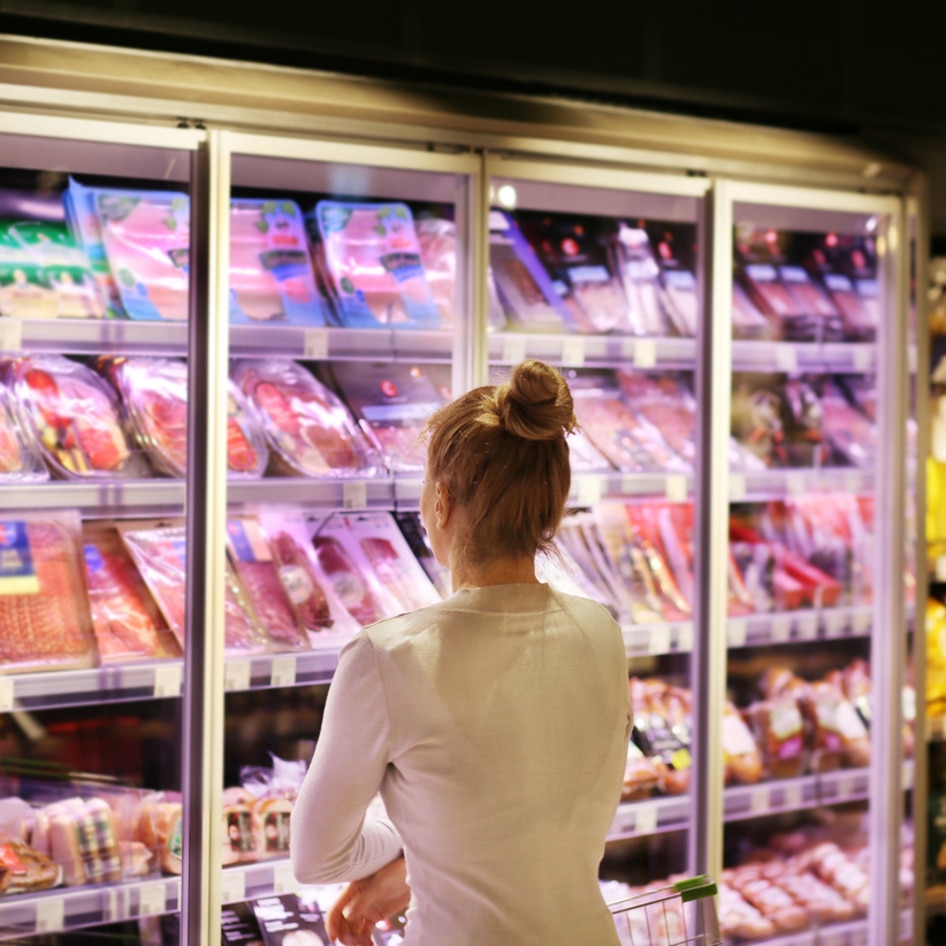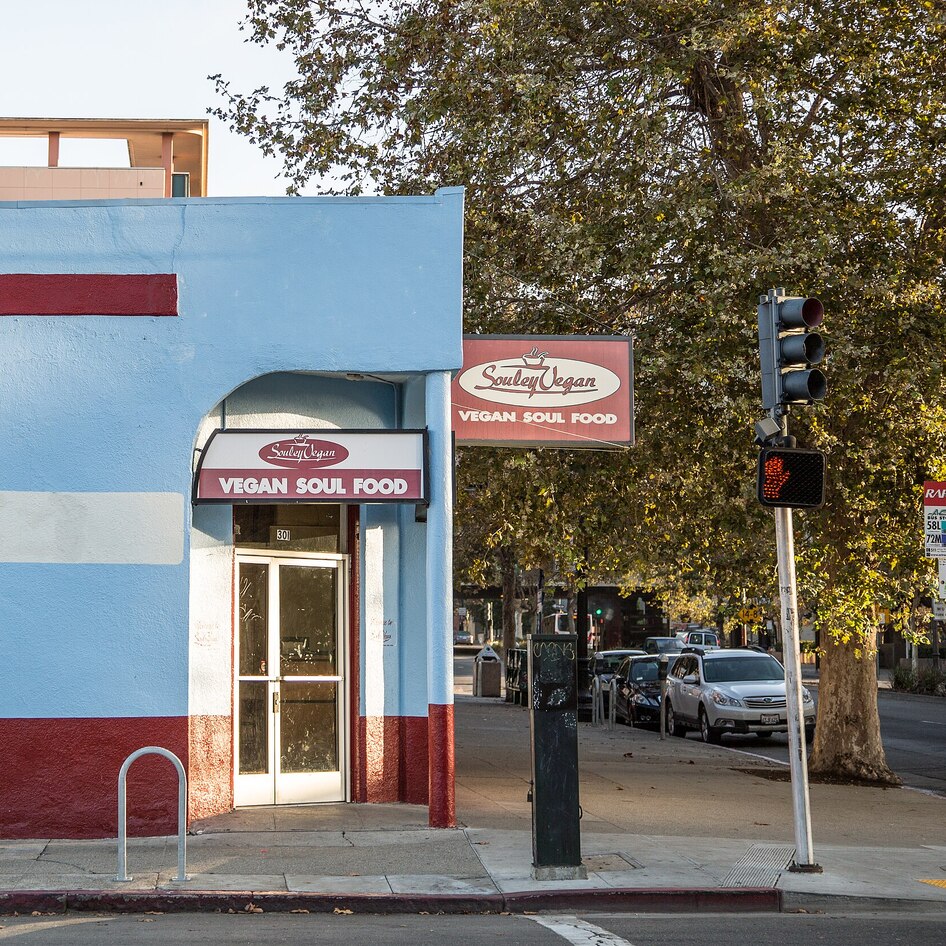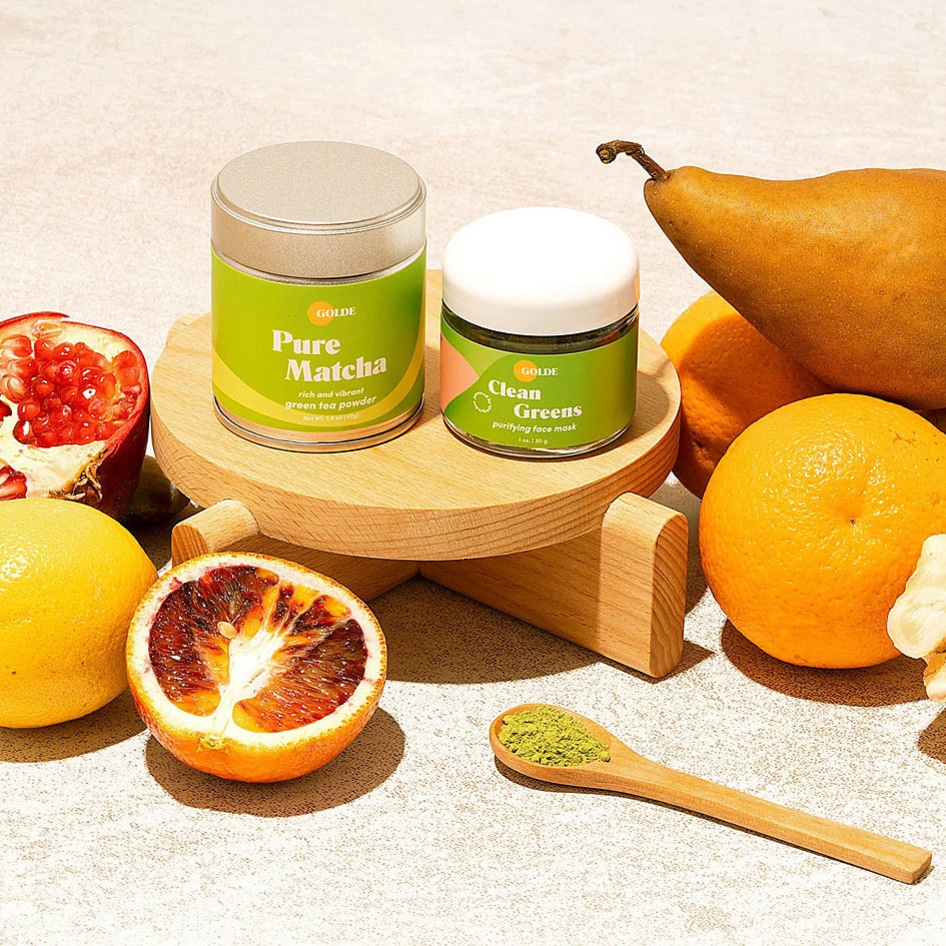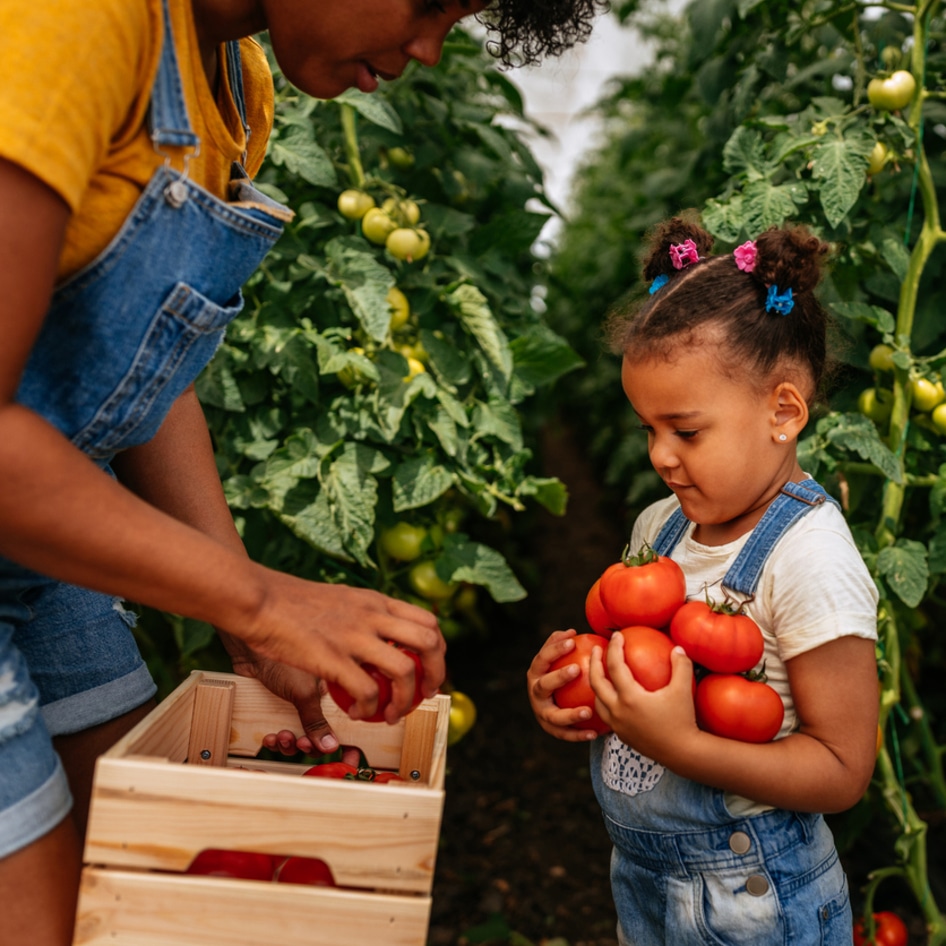You may have noticed lately that you can’t get the grocery items that are usually available. You may have overheard people asking exactly how to make tofu taste good. You may have seen an uptick in interest in homemade beans, bread, and vegetable broth as if you’ve been transported to an Okie encampment straight out of The Grapes of Wrath, except, you know, on social media. It’s not just in your imagination. In March, sales of vegan meats saw a 280-percent increase compared to the same week in 2019, according to market data company Nielsen. This historic moment may be borne of the desperation of a captive audience more than anything, but it’s a time for vegan advocates to capitalize on the increased demand for animal-free foods nonetheless.
Ramping up vegan production
With unreliable and diminished supply chains, short expiration dates, an amped-up interest in thriftiness, a need to stay healthy during the worldwide health crisis, and perhaps an increased willingness to try new things, we are seeing some of the factors leading people to consider plant-based diets for the first time—with some who are just dipping their toes into the waters and others fully diving in. Whatever the reasons and no matter how far people are taking it, this growing interest is being felt by vegan businesses, especially those who are selling proteins. They are ramping up production, figuring out new revenue streams, and stepping up boldly to the challenge of meeting the new demand threshold that global circumstances have created.
An unsafe meat supply
These vegan companies have also managed to boost production without increasing the coronavirus spread among their employees and communities, unlike their animal-based counterparts. A critical reason for the reduced meat supply—leading to major chains like Wendy’s running out of hamburgers (perhaps their old “Where’s the Beef?” tagline is more real than ever)—is the slaughterhouses themselves, which have become hot spots of coronavirus spread and infection. With just over 50 slaughterhouses responsible for 98 percent of killing and processing the cows people eat in the United States, a closure of even one location causes a major bottleneck that results in shortages. It is well-documented that the virus has spread like wildfire in these processing plants and slaughterhouses. At this writing, more than 12,500 meatpackers in 80 locations and 26 states have tested positive for COVID-19 and nearly 50 have died. By the time you have read this, it’s almost certainly worse.
Pork chops or death?
Agribusiness monoliths like Smithfield Foods and Cargill have been accused by unions representing slaughterhouse workers of not supplying adequate protective gear, not ensuring proper distance between employees, not providing necessary sanitation stations, pressuring workers to work when sick, and because much of the workforce is made up of undocumented immigrants, many are afraid of deportation. It’s not surprising that analysis has found that coronavirus infection rates in areas around the processing plants are higher than those of 75 percent of other counties in the United States. As Tony Thompson, sheriff of Black Hawk County, Iowa rhetorically asked in a New York Times story that delved into the terrible working conditions at the Tyson meat-packing plants in Waterloo: “Which is more important? Your pork chops, or the people that are contracting COVID, the people that are dying from it?”
Adapting to demand
Despite the risks and safety concerns, President Donald Trump recently invoked the Defense Production Act, issuing an executive order that meat-packing plants remain open. Invoking the act so that “a continued supply of protein for Americans” is ensured was not necessary for Chicago-based Upton’s Naturals, an independent company producing multiple lines of vegan meat replacements. While nearly all businesses have been presented with unique challenges and a need to pivot during the pandemic, according to Upton’s marketing manager, Natalie Slater, business is better than ever and they have adapted in exciting new ways. In addition to keeping their in-house café Upton’s Breakroom open and fulfilling take-out orders—business is actually up—they have been able to keep restaurant staff employed and even hire more at their production facility. “Initially, our food-service business all but dried up completely, but now we’ve had a huge increase in orders for the private label items we produce for restaurants,” Slater told VegNews. “As that industry adapts to delivery and take out, we see more and more orders coming in. As far as our core business, some of our largest conventional retailers are ordering three times their normal volume. Meal kit subscription boxes are another area where we’ve seen an uptick as more people cook at home.”
Promoting a better future
Upton’s Naturals is just one example of a business founded on vegan principles doing better than ever during a time of a global crisis, helping to shift things away from the old status quo and toward a much better future—ideally, one that won’t contain zoonotic pandemics like the coronavirus. As more and more people think seriously about sustainability, thriftiness, compassionate living, personal health, as well as the health of their communities, now is the time for businesses and advocates alike to blaze a trail and promote a path that is kind to people, the animals, and the planet.
Marla Rose is co-founding partner of VeganStreet.com.
JUMP TO ... Latest News | Recipes | Guides | Health | Subscribe

